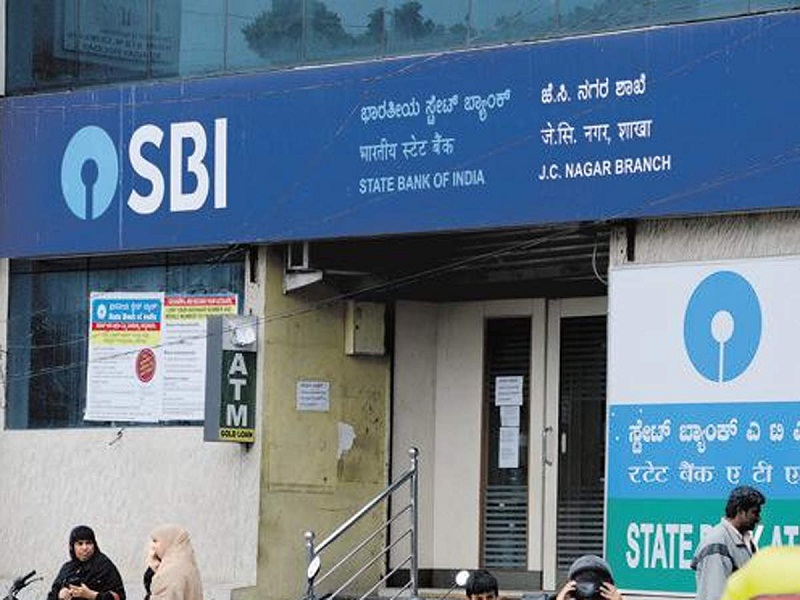An upward revision in GST rates could pose upward risks to inflation, says a report of State Bank of India (SBI). The report hints at the Central Statistical Organisation’s possible methodological biases in consumer price inflation estimation, responsible for creating uncertainties and policy-paralysis in markets.
Observing Reserve Bank of India’s decision to continue a pause in its interest rate in the wake of growing food inflation and low economic growth, the SBI research report says, ‘Given the situation of low growth and high inflation (a possible situation of stagflation though it is too early to term it as stagflation), we believe that the coming months are crucial for the RBI to decide on any action at rate front.’
The State Bank of India research report says that the rising inflation till January 2020 may hold the rate cut for this financial year and SBI is holding onto a pause in RBI rate action for February and April policies. The possibility of a rate cut beyond April will be data-dependent, but it has a low probability.
The ‘Ecowrap’ also said that any upward revision in GST rate and inclusion of excluded item could result in upside inflation risks and downside growth risk which is already in fragile condition.
Apart from the associated risk of inflation due to increased GST rates, the research says that the exorbitant increase in telecom tariffs (almost 40 per cent in some of the cases) could technically result in 40-50 bps increase in headline inflation.
The SBI research has emphasized the urgent need to rationalise the weights under the consumer price index.

